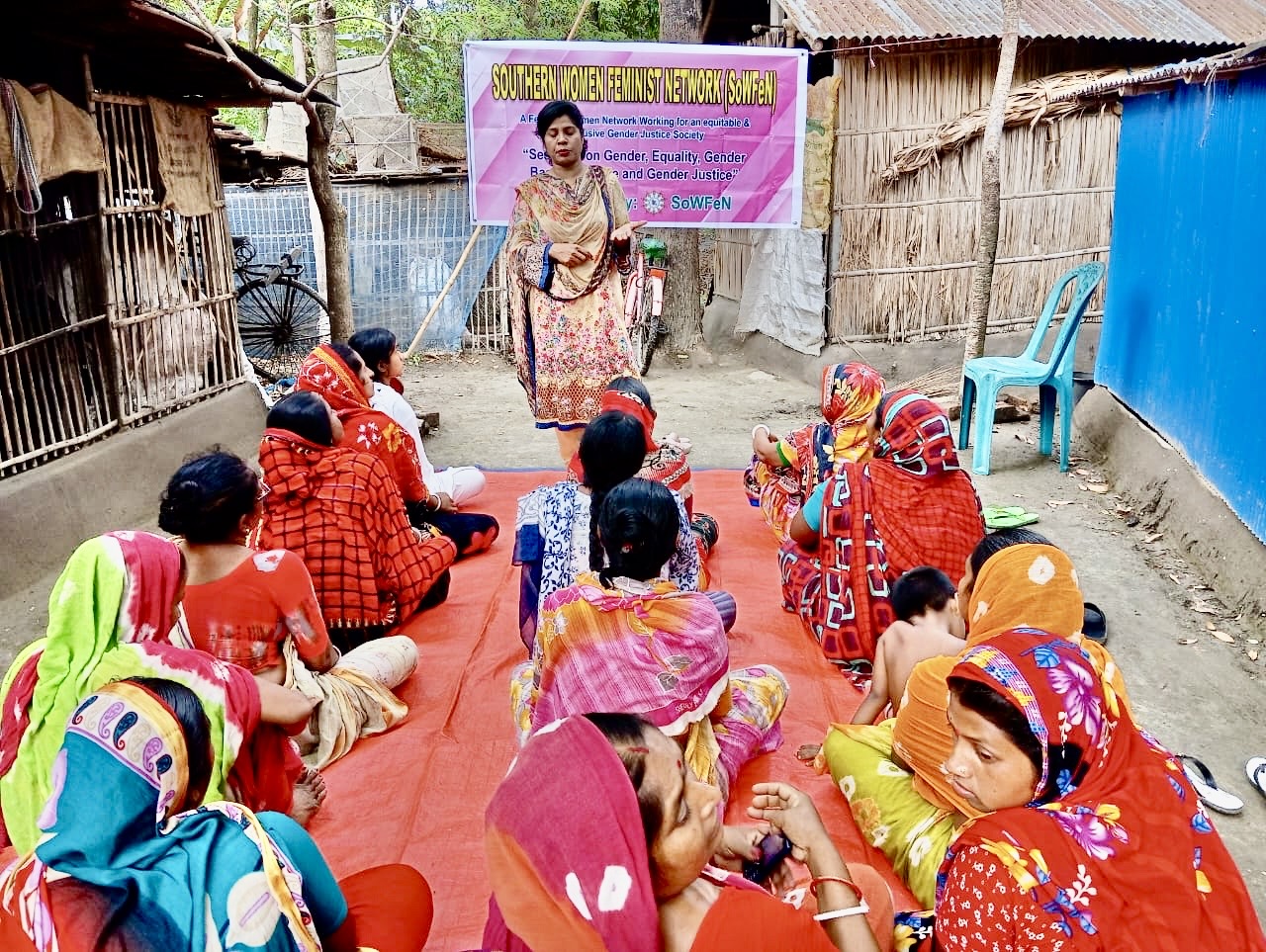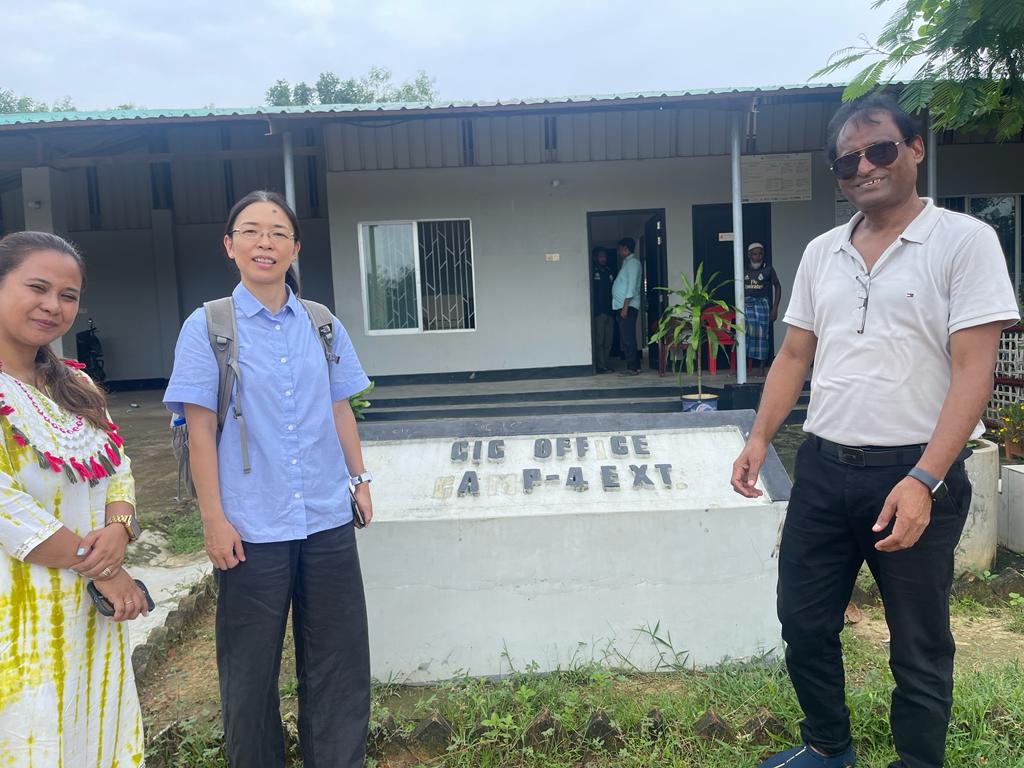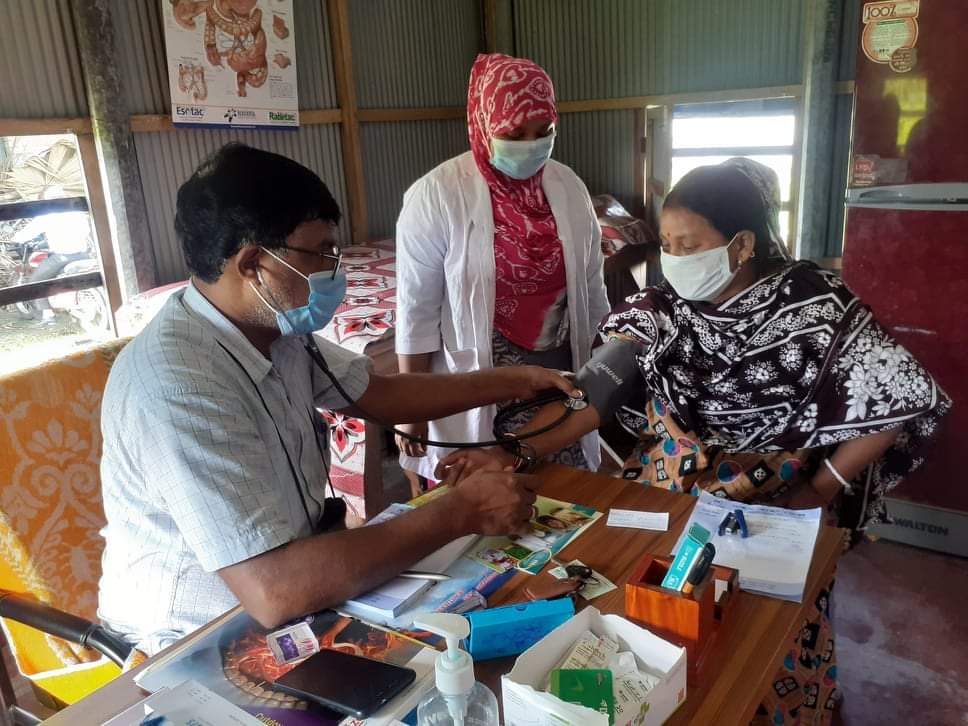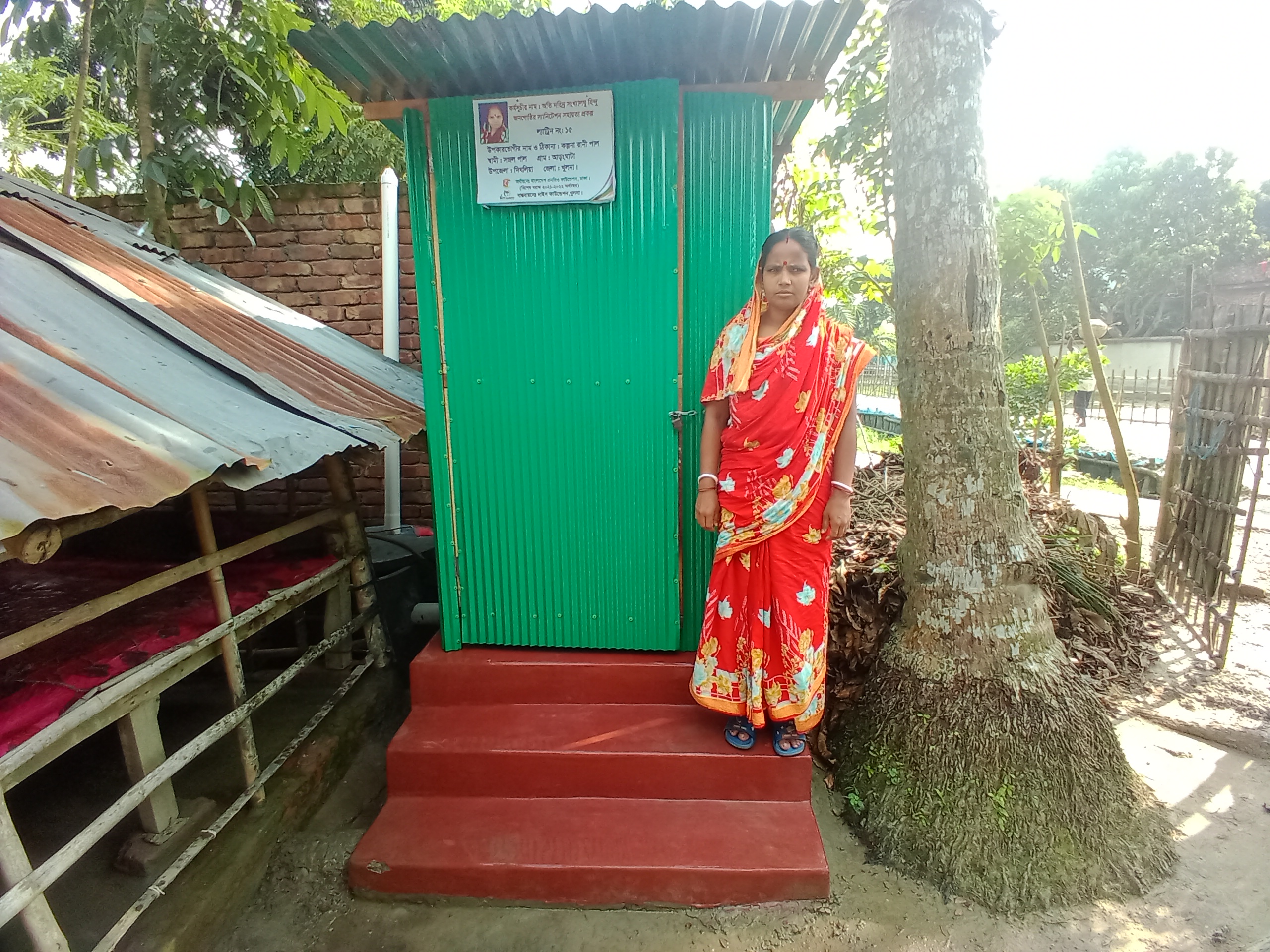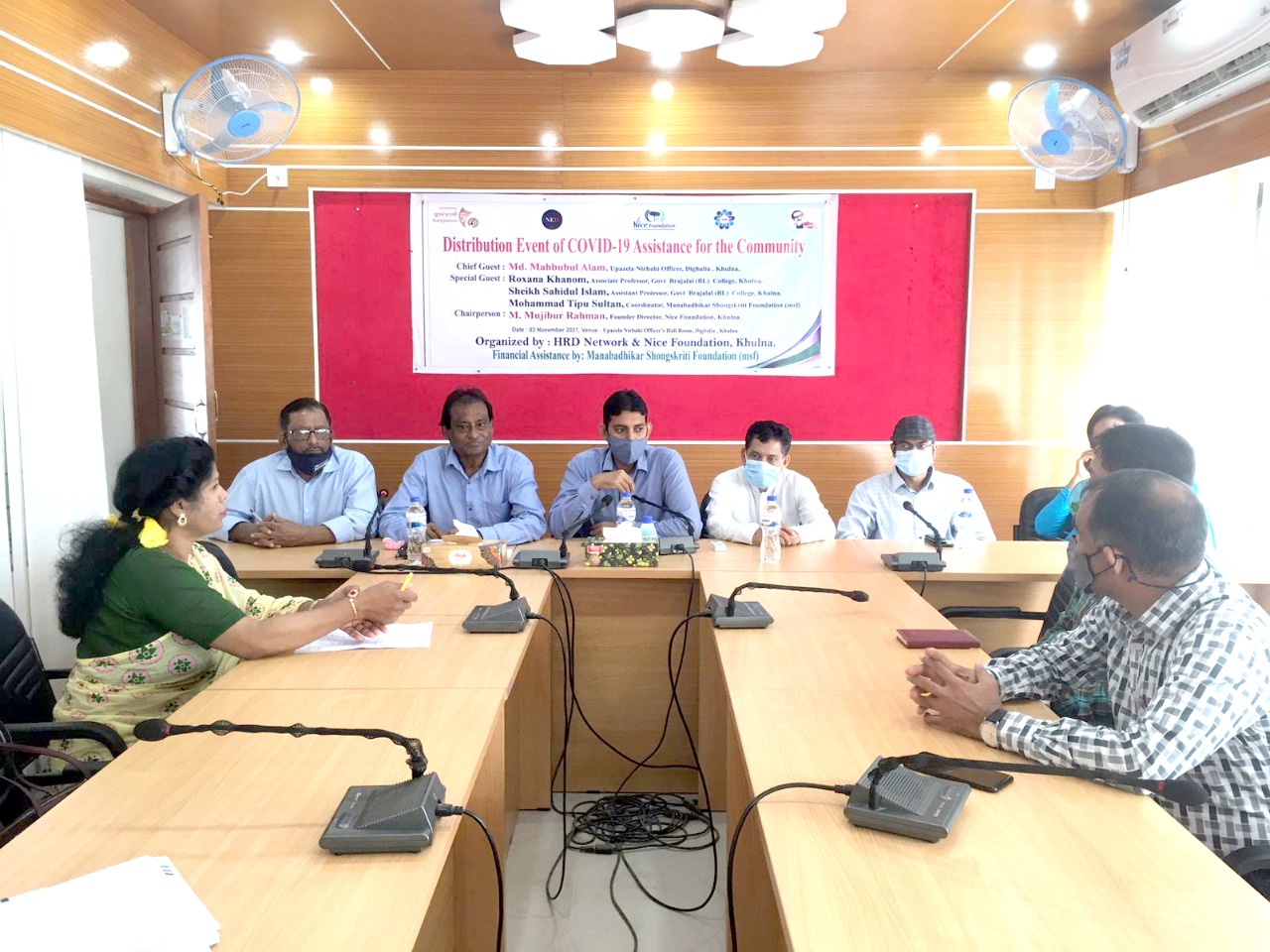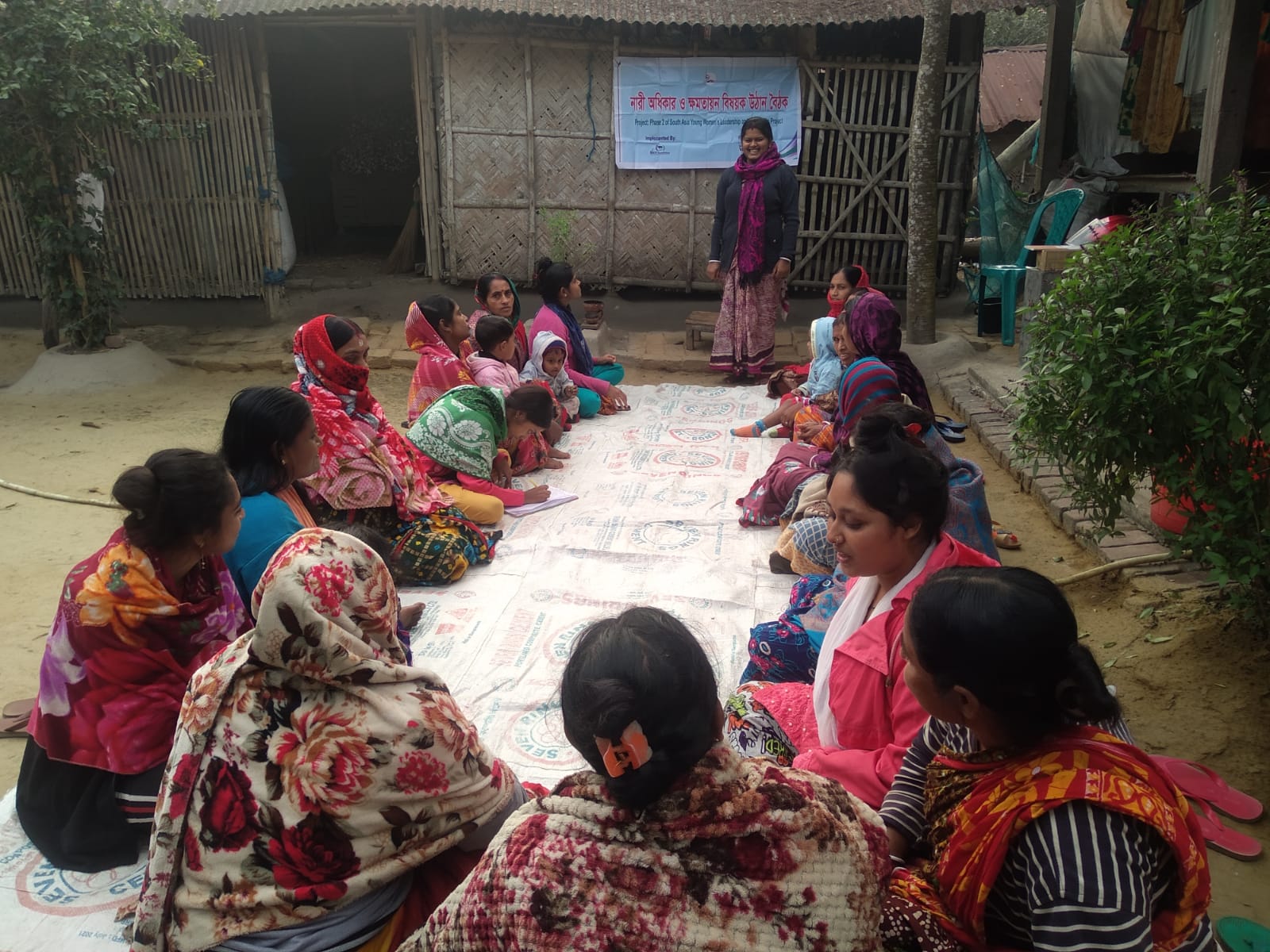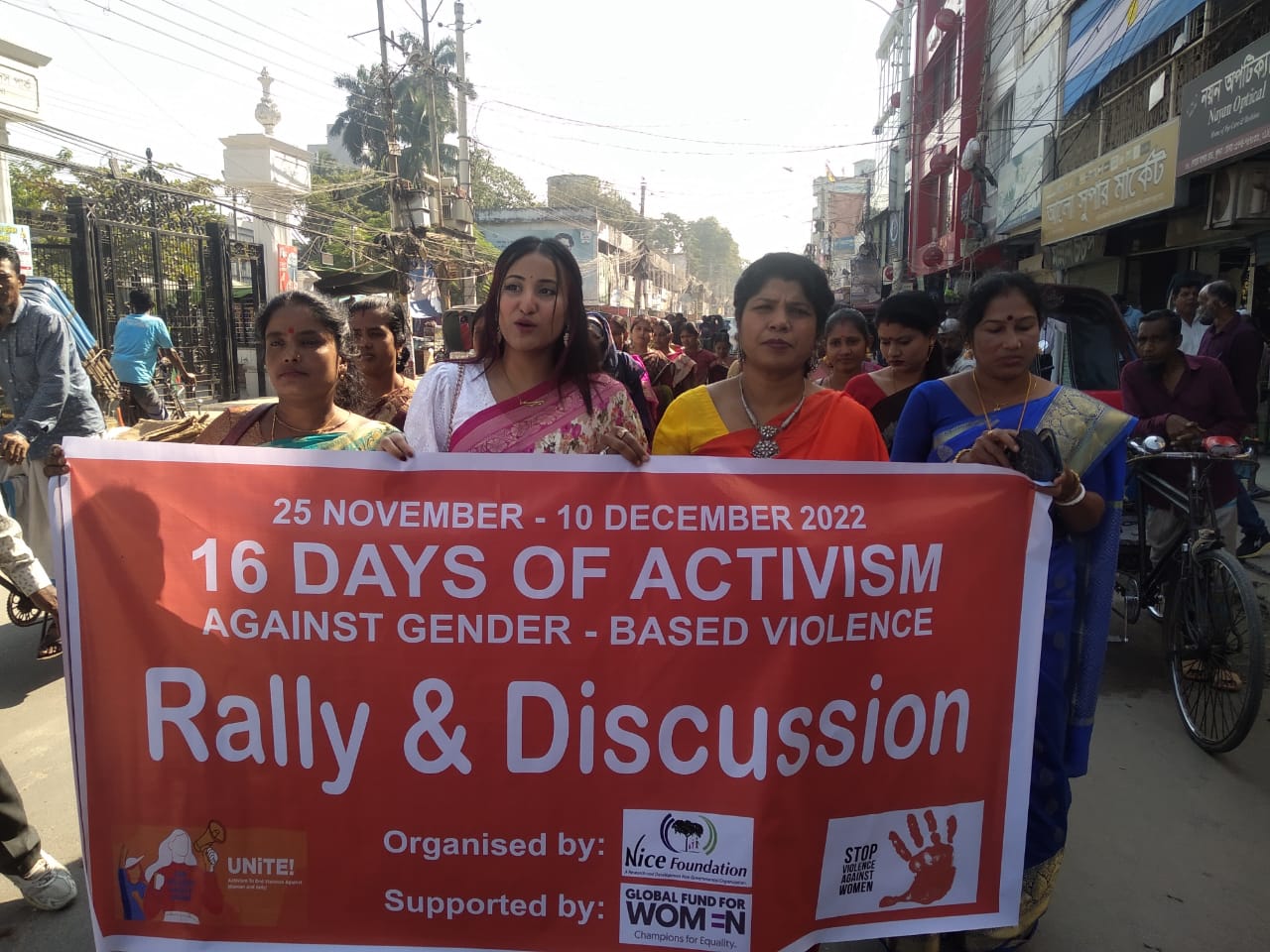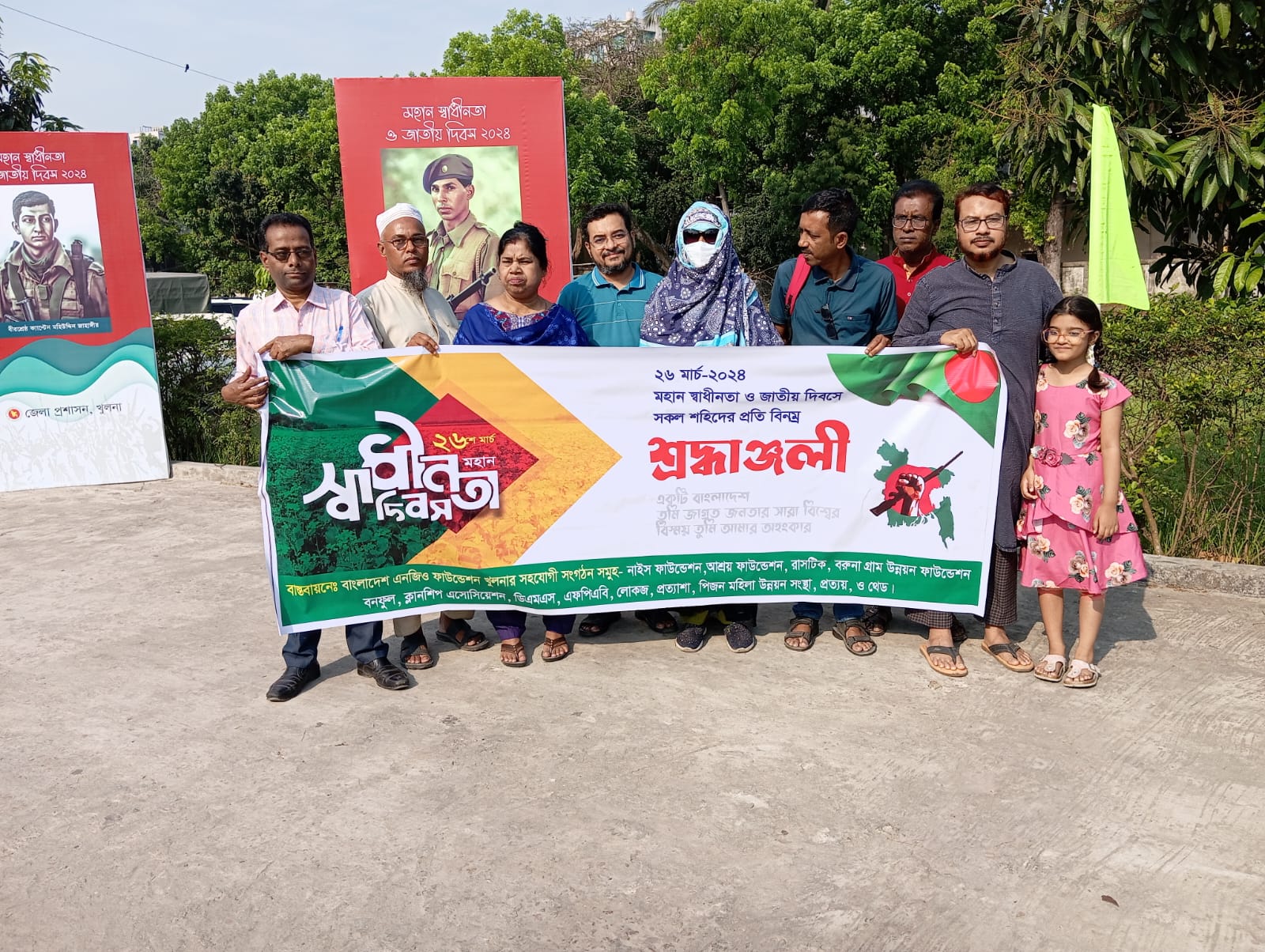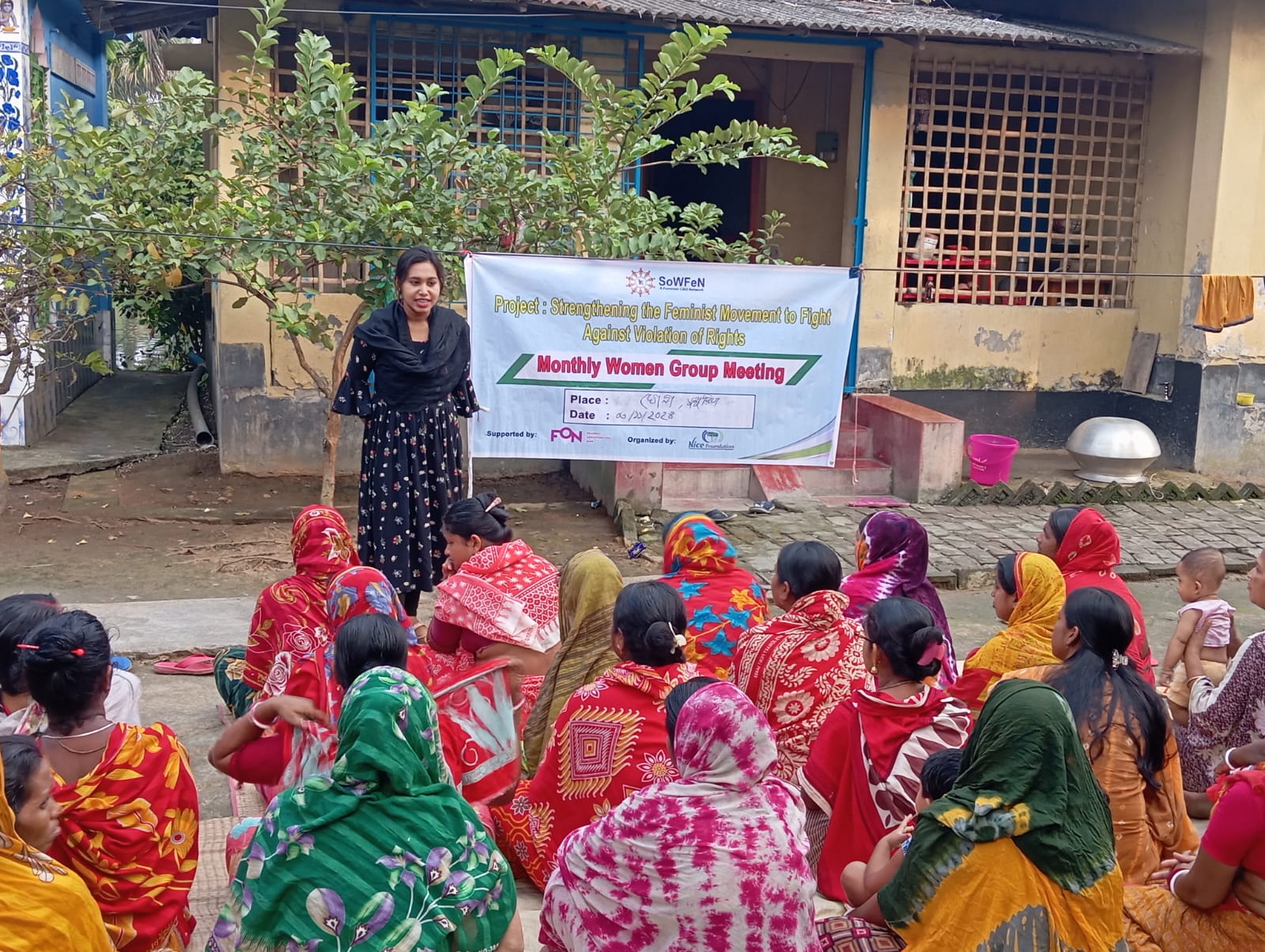Women are the wheel of Development
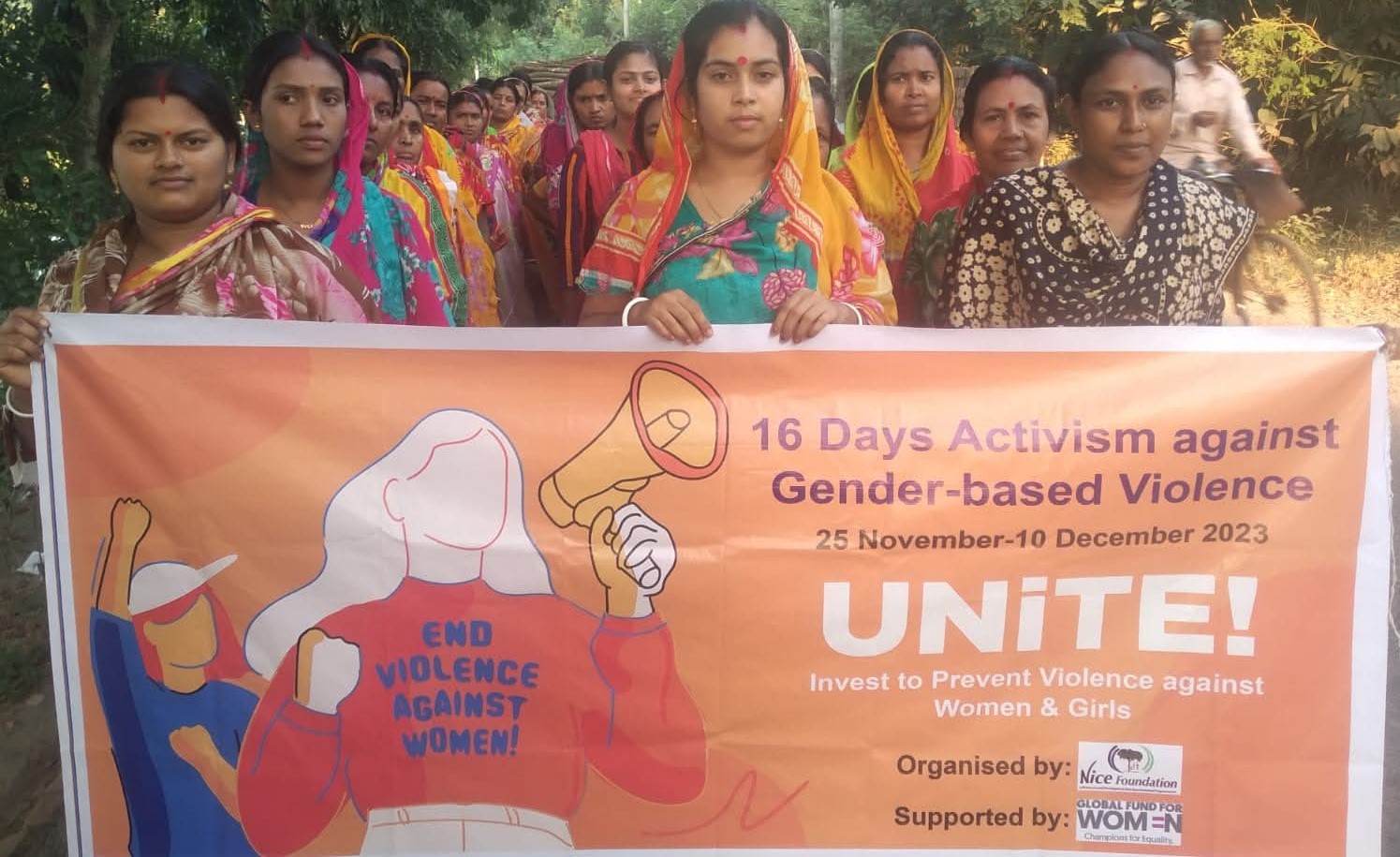
Nice Foundation is a feminist research and development organization
After saline intrusion, women are trying to culture local varieties of vegetables
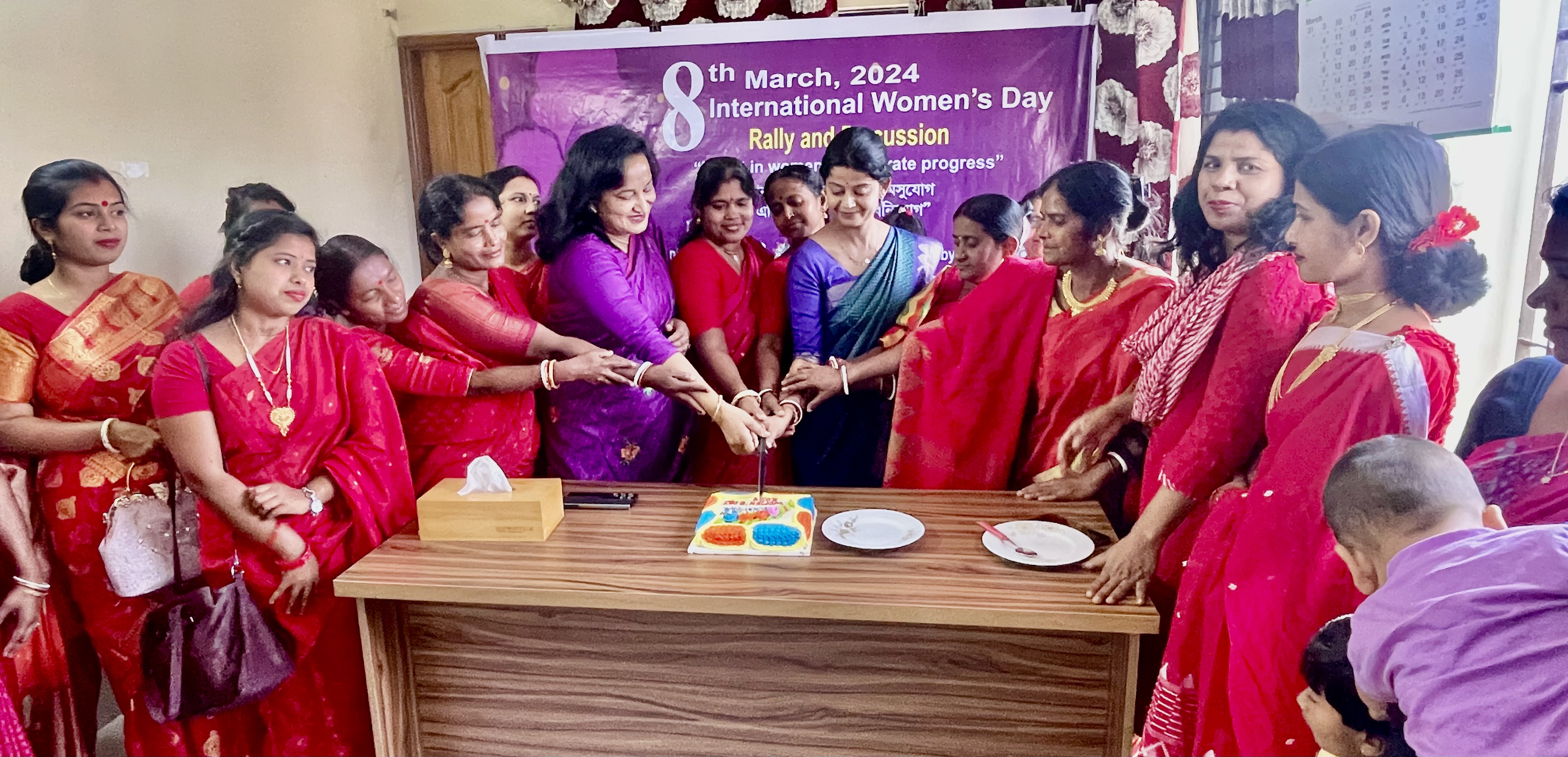
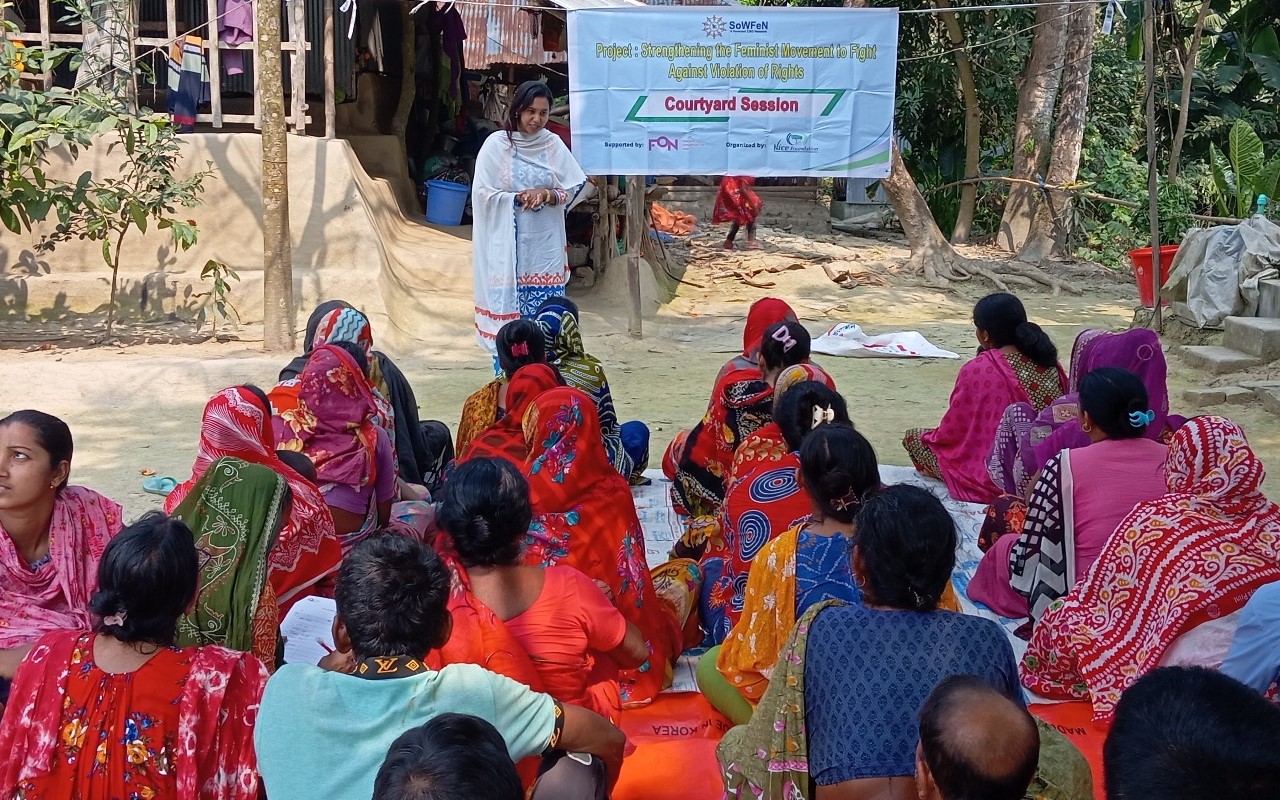
To raise awareness about Gender-Based Violence (GBV) and its various forms (physical, emotional, sexual, and economic).To encourage community-based strategies to prevent GBV.To engage men and boys as allies in ending GBV.
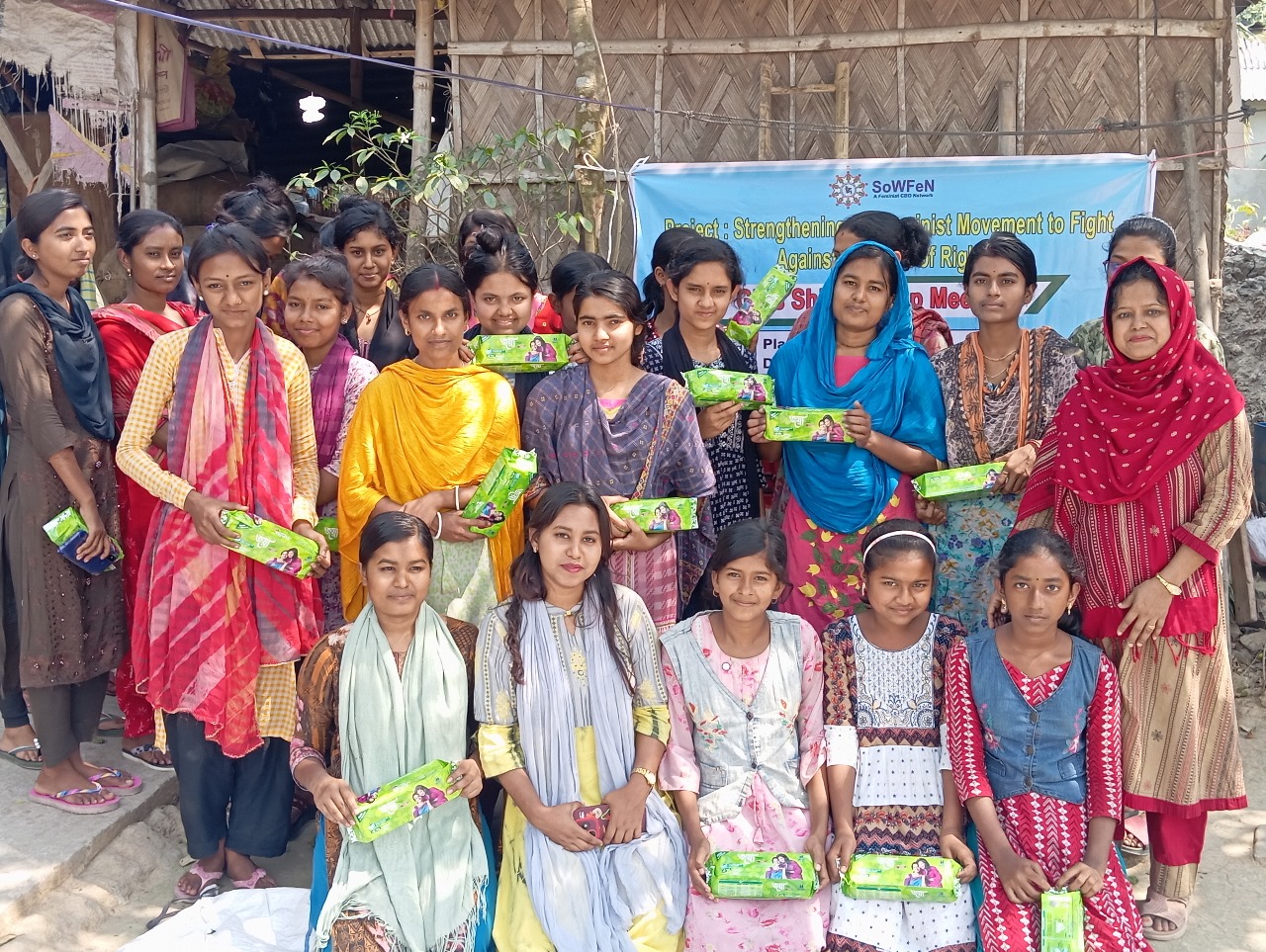
Gender establishment and women empowerment.
The session focused on helping adolescent girls understand gender equality and their rights. The facilitator explained that gender roles are created by society and can be changed. Girls learned the difference between sex (biological) and gender (social roles). They discussed common gender stereotypes and basic rights such as education, safety, and freedom of choice. Girls were encouraged to stand against early marriage and discrimination.
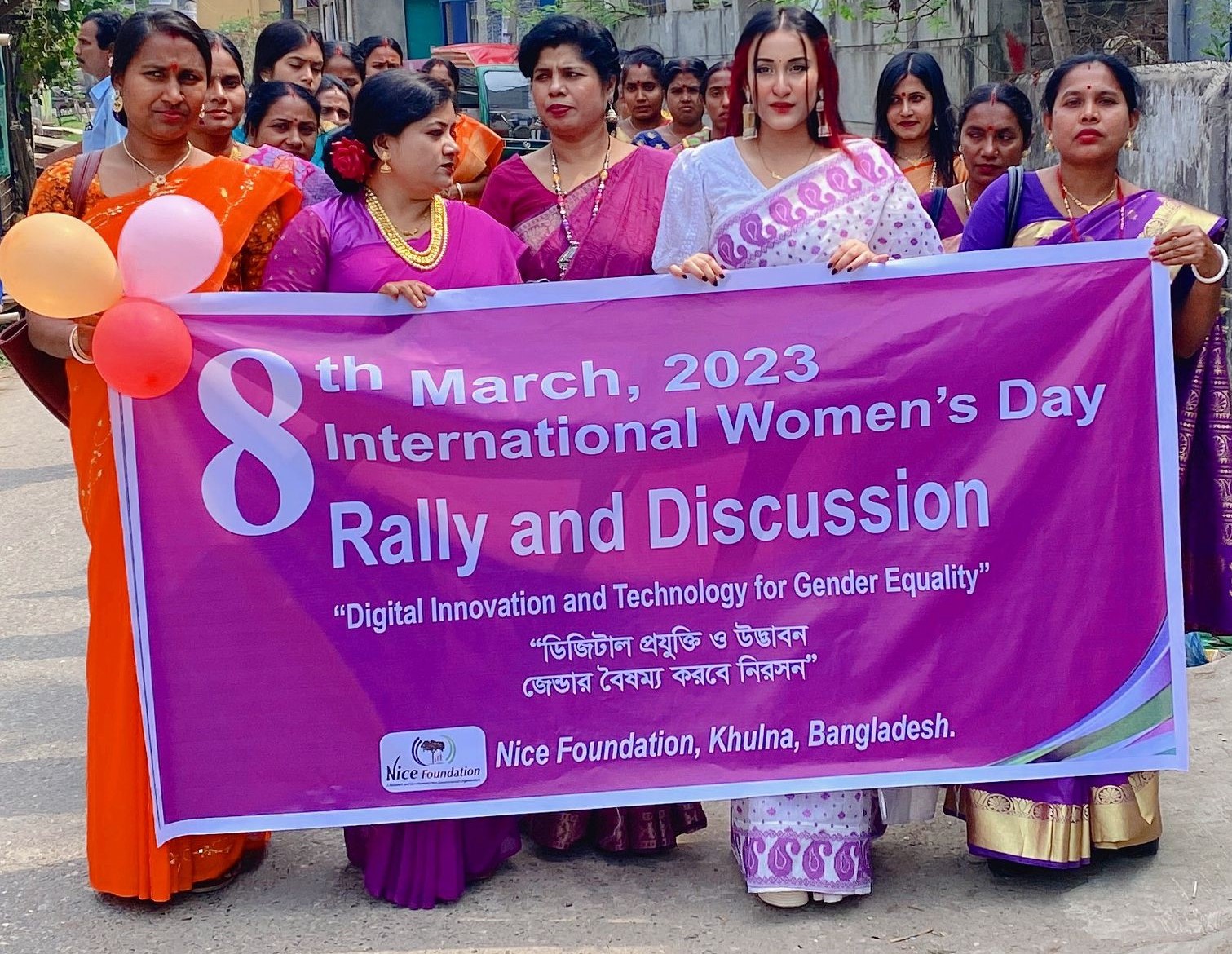
International Women Day(8th March)
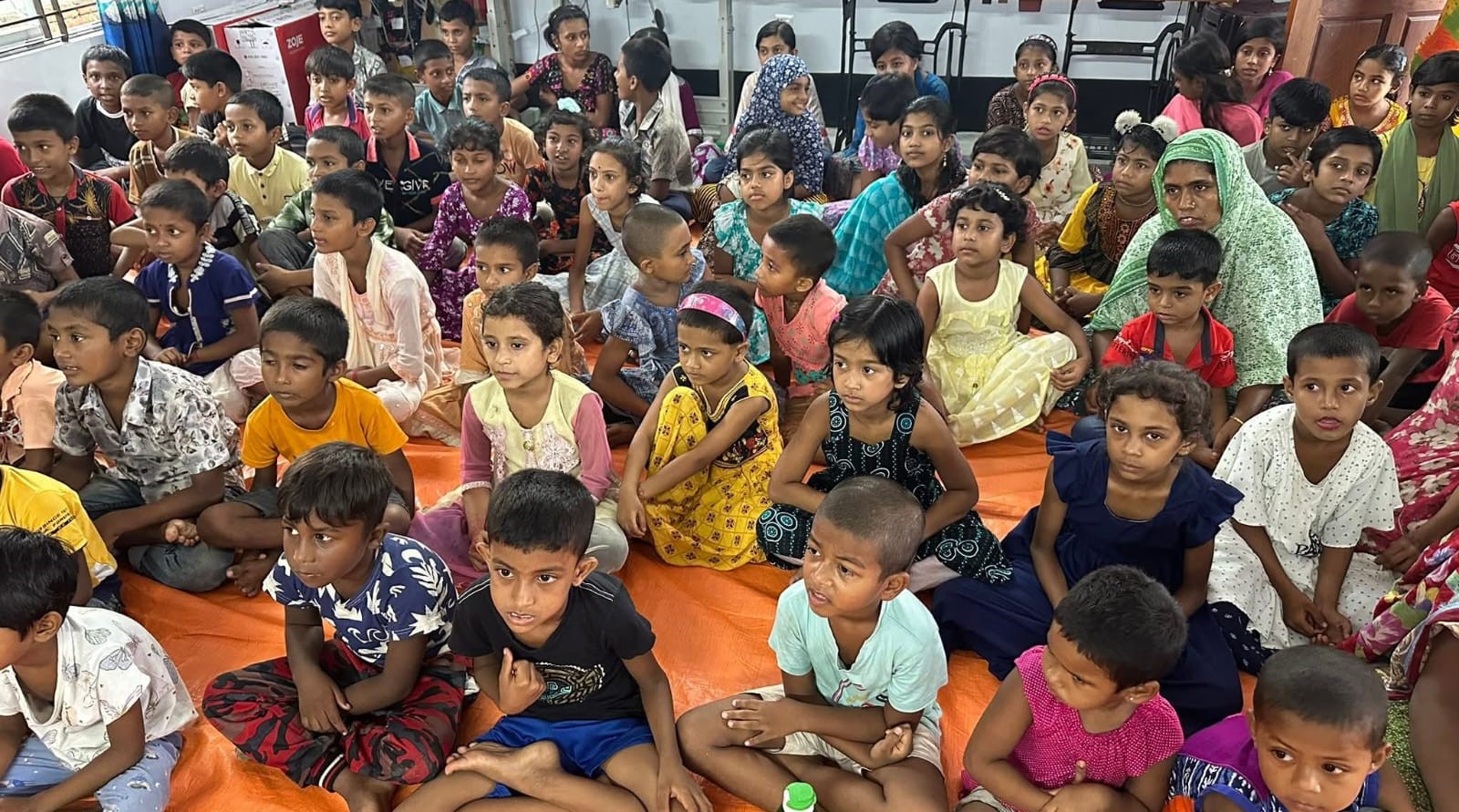
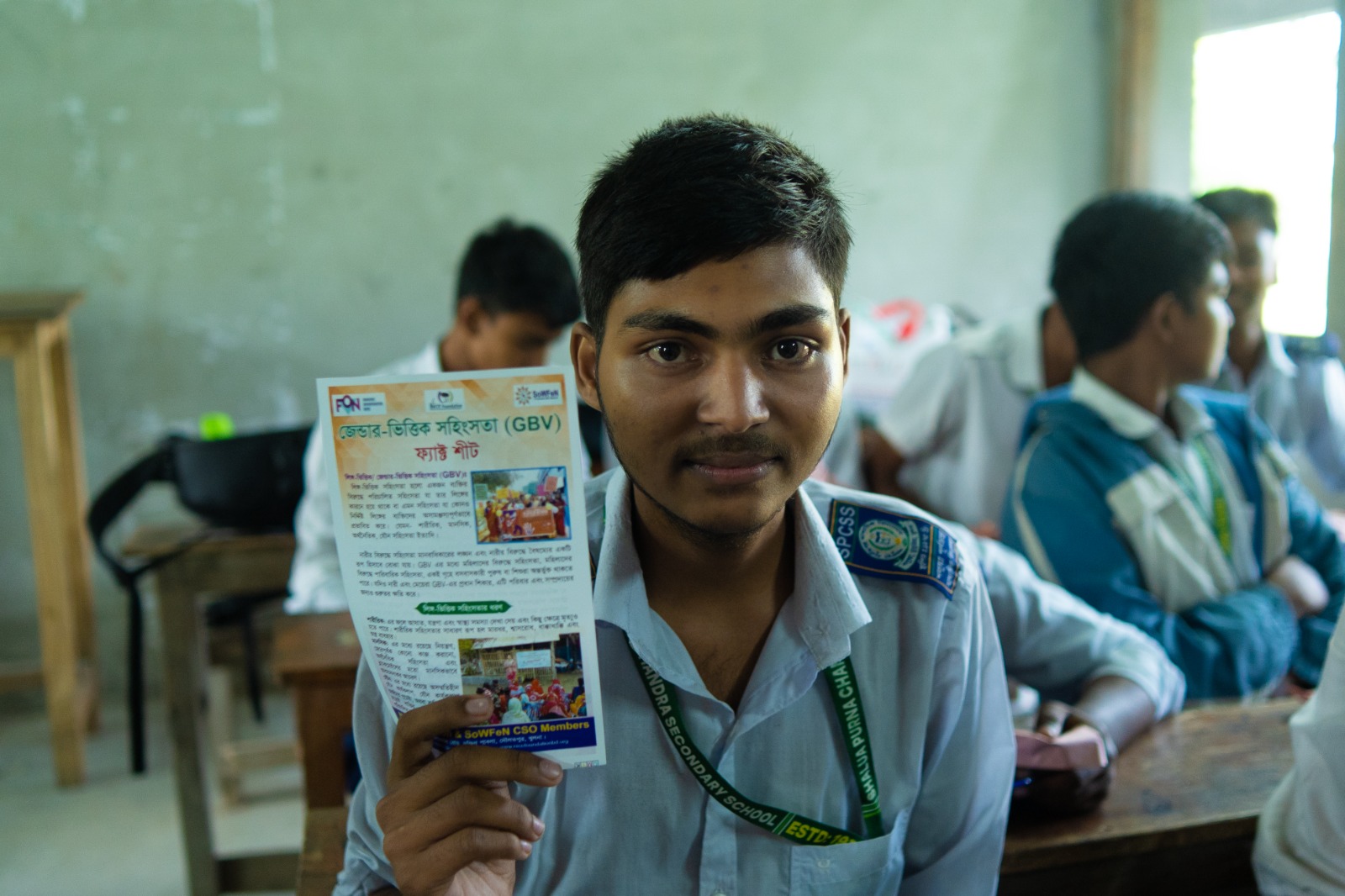
Our Profile
The Nice Foundation is a rights-based feminist Non-Governmental Organization (NGO) in Bangladesh. We work on human rights, refugee and forcibly displaced communities, environmental, and educational issues, aiming to reduce inequalities and social disadvantages. Our primary focus is on women, children, youth, adolescents, people with disabilities, gender-diverse communities, religious & ethnic minority groups, and the refugee community.

